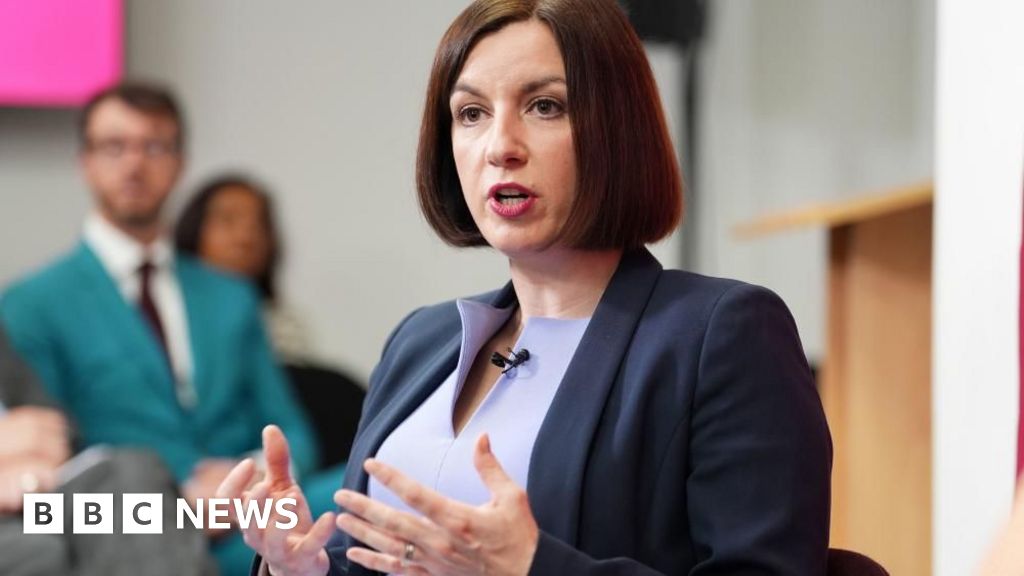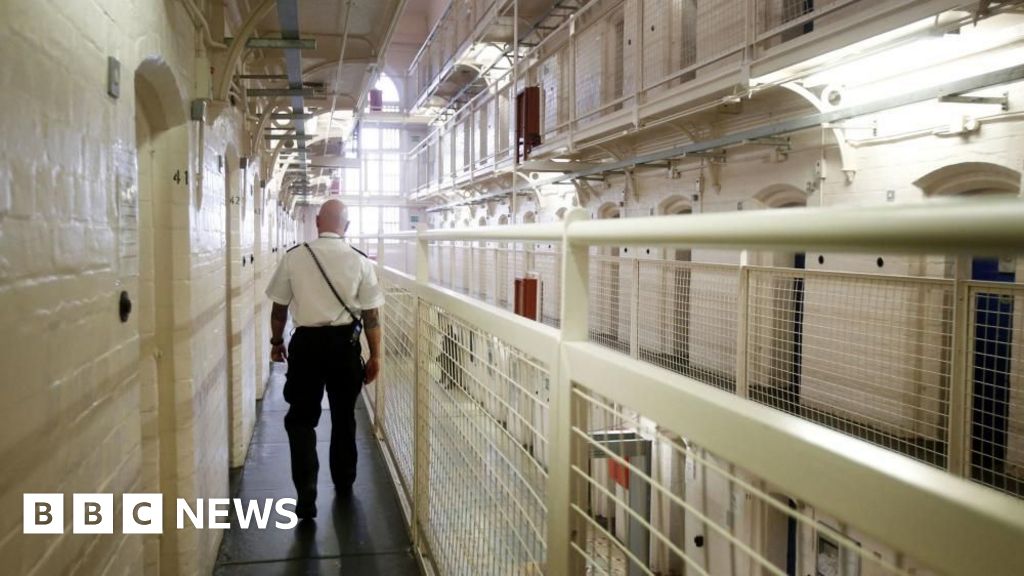Equalities Minister Declares Toilet Use Should Align with Biological Sex Following Supreme Court Ruling

In a recent statement, Bridget Phillipson, the Equalities Minister of the United Kingdom, asserted that trans women should utilize restrooms according to their biological sex. This declaration came in the wake of a landmark ruling by the UK Supreme Court, which established that a woman's legal definition is inherently linked to biological sex rather than gender identity.
During her appearance on the BBC Radio 4's Today programme, Phillipson emphasized the court's decision, stating, "The ruling was clear that provisions and services should be accessed on the basis of biological sex." When pressed for further clarification regarding whether trans women should use men's or women's facilities, she refrained from providing a definitive answer but reiterated, "The ruling is clear." Her comments came shortly after Sir Keir Starmer, leader of the Labour Party, expressed his approval of the court's decision, labeling it as a source of "much-needed clarity" on the matter.
Prime Minister Rishi Sunak also weighed in on the issue, stating in an interview with the BBC, "I'm really pleased the court has clarified the position. We can move on from there. I think that has been very helpful." This consensus among top government officials indicates a unified direction following the Supreme Court's ruling.
Phillipson further elaborated that the legal framework regarding trans women accessing single-sex spaces based on their biological sex will apply universally across various sectors. However, she pointed out the importance of the Equality and Human Rights Commission (EHRC) outlining additional guidance and a statutory code of practice. This measure aims to ensure that all individuals can access services that respect their privacy and dignity, particularly in environments such as hospitals and changing facilities.
In her remarks, Phillipson highlighted the need for appropriate and available services tailored to all demographics, including trans individuals. She acknowledged that many businesses, both large and small, are adapting their facilities to include unisex options or separate cubicles that can be utilized by anyone. "A local family caf, for example, likely has a self-contained cubicle that can be used by all," she noted, underscoring the evolving landscape of public restroom facilities.
The EHRC has previously suggested that trans individuals should exercise their "powers of advocacy" to promote the establishment of gender-neutral spaces, thereby sidestepping the complexities that arise from the current legal framework.
Furthermore, the Supreme Court's ruling was significantly influenced by the campaign group For Women Scotland, which brought the case to light. They cautioned that interpreting "sex" as synonymous with gender identity could have substantial ramifications for the operation of single-sex spaces, including sensitive environments such as hospital wards, prisons, refuges, and support groups. The court's findings determined that a biological interpretation of sex is essential for the coherent functioning of these spaces.
This ruling implies that transgender women, who are biologically male but identify as female, may be excluded from women-only facilities. However, transgender advocates have raised concerns that this legal determination might undermine the protections they have against discrimination in their reassigned gender, protections that judges noted still exist under other provisions of the Equality Act.
Phillipson, who has a background managing a women's refuge prior to her political career, emphasized the importance of ensuring that women, especially those who have survived male violence and trauma, can access safe therapeutic environments while also advocating for the dignity and respect of all individuals. With the Supreme Court's decision, she stated, women-only spaces can now confidently determine how they deliver their services.
When questioned about potential divisions among government ministers regarding this sensitive subject, Phillipson affirmed, "Yes, there is unity, and I speak for the government on this matter." She expressed clarity in the government's approval of the ruling.
Sir Keir Starmer reiterated these sentiments in a later interview, stating, "The ruling provided real clarity in an area where we needed it," and categorically defined a woman as an adult female, a definition solidified by the courts ruling.
Legal expert Robin Moira White cautioned that this ruling may lead to an increase in the establishment of gender-neutral spaces. During her appearance on the BBC's Politics Live programme, she commented, "Spaces that are currently separated by sex would likely transition to gender neutrality, allowing businesses to operate within the law."
Conversely, former Labour MP Ben Bradshaw, a long-time advocate for transgender rights, remarked that both sides of the discussion might be misinterpreting the Supreme Court's decision. When asked if he believed the ruling mandated that trans women should use men's toilets, he indicated that further interpretation from the courts would be necessary. Bradshaw called upon Phillipson to reaffirm Labour's commitment to ensuring equality for both women and the LGBTQ+ community.
Please note that an earlier version of this report inaccurately included a statement regarding the exclusion of individuals with gender recognition certificates (GRCs) from single-sex spaces. This line has since been corrected to reflect the accurate legal interpretation.

























